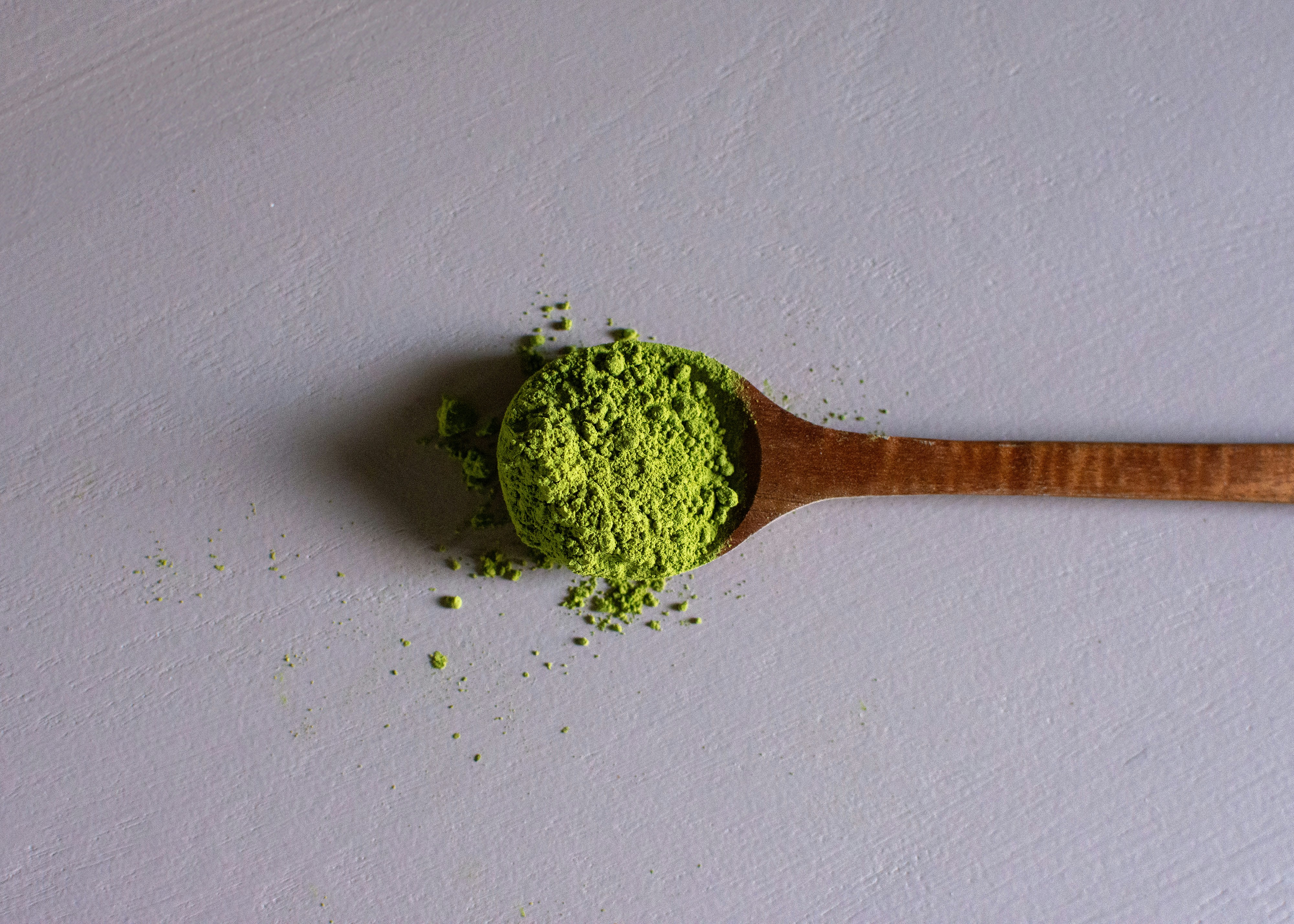Before you began your recovery, you may have used drugs or alcohol to medicate your feelings. Now that you’re sober, have you been self-medicating with too much sugar?
How Much Sugar Is Too Much?
Sugar is everywhere: a cookie here, a doughnut there, a teaspoon or two or three in your cup of coffee. You can even find sweet treats at your local AA or NA meeting. But is there such a thing as too much sugar for someone in recovery? How do you know when you have reached a point that no longer benefits you or your health?
Below are some signs that you may be eating too much sugar:
Is Sugar Really That Bad?
Although snacking on sweet treats isn’t as detrimental as your addiction, it can undoubtedly become an addiction itself. Recent studies have shown that food and drugs have a similar influence on your brain’s center for receiving rewards. And a 2013 study published in The American Journal of Clinical Nutrition reported that sugar, not fat, actually stimulates cravings.
You may not even realize it, but you could be using sugar as an integral coping mechanism, which could put your recovery at risk.
Take a moment to ask yourself:
Due to its profound impact on our neural pathways, sugar has a significant influence on our brains and emotions. If you find that your daily diet is filled with an abundance of sugar, you may want to consider reducing your intake.
A sugar-filled diet can lead to significant weight gain, which can increase your chances of developing health problems like diabetes and heart disease. Even on the spectrum of emotions, sugar can damage you by affecting your self-esteem and even your psyche. The roller coaster effect sugar has on your blood sugar – also known as a “sugar crash” – can cause you to have mood swings, brain fog, irritability, and fatigue.
Cravings, changes in mood, and self-esteem can profoundly affect your mental and emotional well-being, putting your sobriety at risk.
Replacing Sweets with Self-Care
To help avoid the potential problems associated with consuming sugar in excess, you should see if you are using sugar to self-medicate or cope with any issues that are going on in your life. If so, you need to learn how to deal with these issues that are affecting you, free from the use of any substances, including sweet ones.
Talk to your sponsor, therapist, or even a friend who is a good listener. Incorporate healthy activities to help release any stress or anxiety you may be feeling.
Yoga is a great way to relax and naturally help your body release serotonin, the hormone associated with happiness. Meditation is another beneficial alternative that can give you a clearer mind and improve your mood. Adding a few gym days to your week can help alleviate stress, boost your energy, and enhance your self-esteem. Just 30 minutes of exercise will synchronously stimulate several chemicals in your brain.
In moderation, sweets are not detrimental to your health, but it’s best to limit your intake and seek healthier alternatives. And if you still feel an overwhelming need for sweets throughout the day, reach out to those in your recovery support system. They will be able to help you identify the underlying issues affecting you and provide additional ways to maintain your health and sobriety.
If you or a loved one is struggling with addiction, Mountainside can help.
Click here or call (888) 833-4676 to speak with one of our addiction treatment experts.

 By
By 







